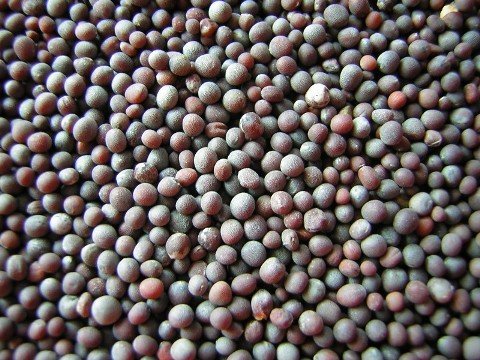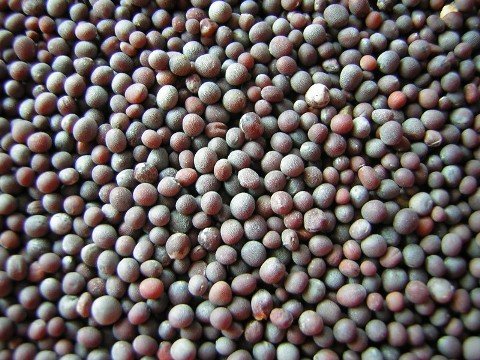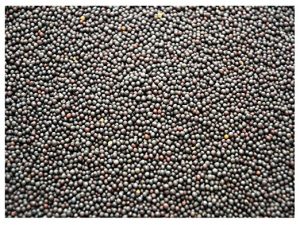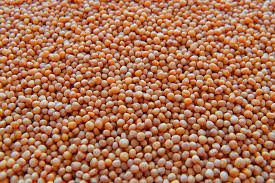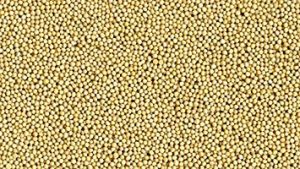Company Information
Ask for more detail from the seller
Contact SupplierMustard seeds have been highly prized culinary oil-seeds being in use since earlier times. The seeds are fruit pods obtained from the mustard plant, in the Brassica family.
Mustards are winter crops. The plant reaches about 4-5 feet in height and bears golden yellow colored flowers. They are tiny, round seeds measuring about one mm in diameter found encased inside a fruit pod.
In general, three main varieties of mustard are grown worldwide for use.
White mustard seeds : The seeds are light straw-yellow colored and are slightly larger than the other two varieties. White seeds exhibit mild pungency.
Black mustards (Brassica nigra): The seeds commonly grow in South Asia. They are sharp and more pungent than the other two varieties.
Brown mustards (Brassica juncea): The seeds are native to sub-Himalayan plains of Northern India.
Mustard seeds are an excellent source of selenium and a very good source of omega-3 fatty acids and manganese. They are also a good source of phosphorus, magnesium, copper and vitamin B1.
Health benefits
Major mustard seeds producing states in India are Rajasthan, Gujarat, Madhya Pradesh, West Bengal, Haryana, Assam .
